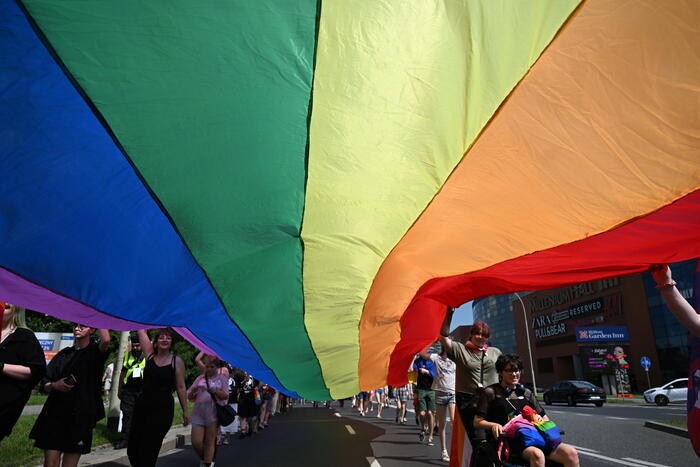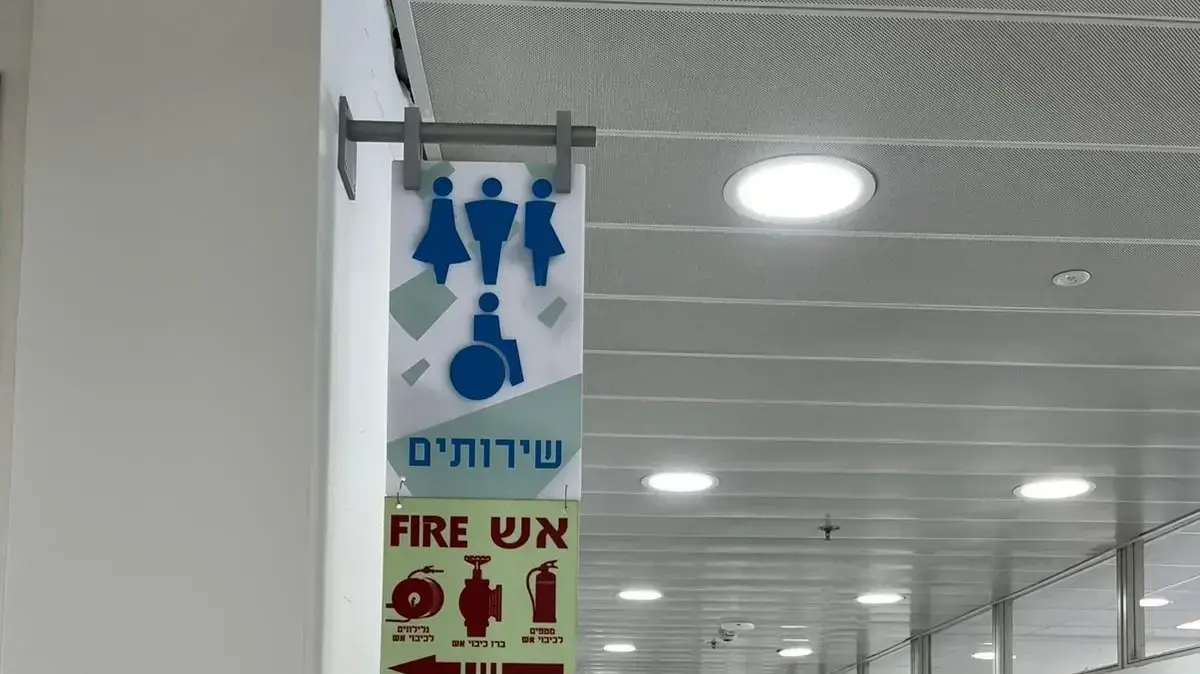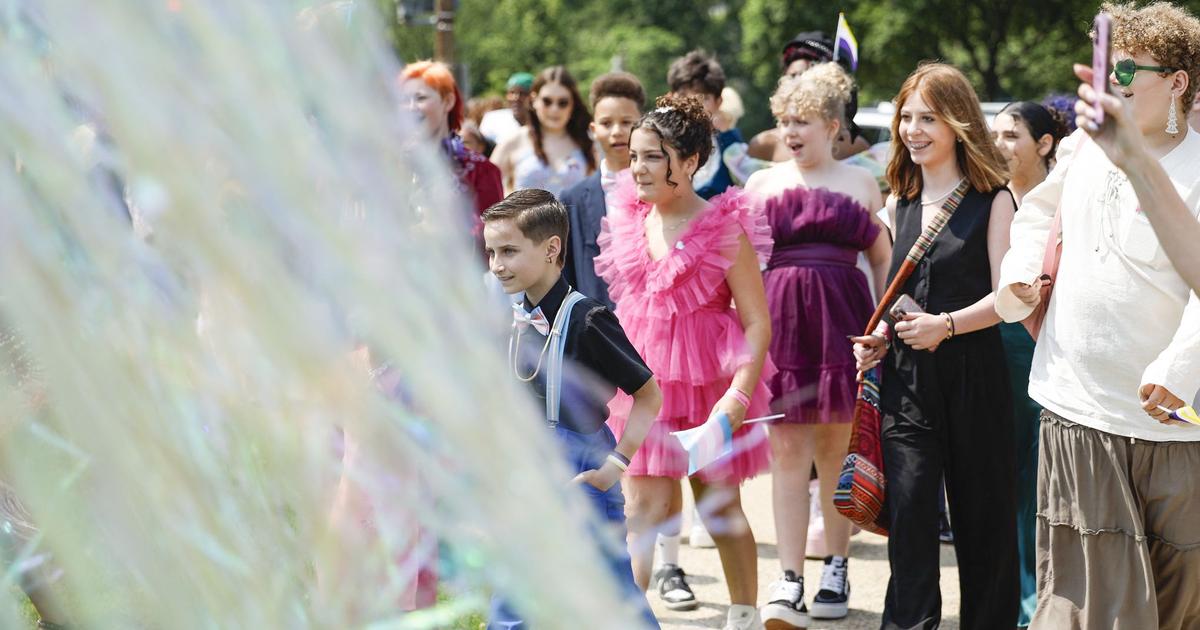Hits, insults and harassment are part of the daily life of trans people in Mali.
Baba (not her real name) recalls: “When my relatives found out that she was a trans woman, they were waiting for me at the door of the house.
As soon as I arrived, the whole family, but especially my older brother, started insulting and beating me.
I tried, between screaming and sobs, to explain to them what was happening to me, but my uncle suddenly interrupted me and told my father that the only option to not embarrass the family was to kill me now.
Faced with this type of humiliation and physical aggression, trans people tend to leave far from their homes, especially if they live in rural areas, to reach the big cities.
“When I left Kayes, I felt a terrifying fear to leave my family and my roots there, but at the same time I felt a great relief knowing that in Bamako no one would know me and I could be myself, be the person I really wanted to be”, Baba recounts.
Her journey began one afternoon when, accompanied by a cousin, she took a bus to travel the more than 500 kilometers that separate the two cities.
Upon arriving in the capital, she came face to face with the harsh reality: “Once I arrived in Bamako I had no one to turn to or rely on to look for a job or to find a safe place to sleep.
I was then a young girl with little experience.
In addition, I was the easy target of harassment and arbitrary arrests by the police, and on many occasions I suffered all kinds of harassment.”
In Mali, trans people face frequent violations of their human rights and conditions of insecurity and violence from both the state apparatus and other civil society actors.
Government authorities go to great lengths to persecute and punish transgender people, resulting in them not reporting these abusive practices for fear of possible reprisals.
Government authorities make efforts to persecute and punish trans people, which means that these people do not report these abusive practices for fear of possible reprisals
According to the association AREFM (Association Référence Mali), defender of the rights of transgender people in Mali, these acts of violence are just the tip of the iceberg of a progressive deterioration in the quality of life of those affected, who are increasingly being singled out for a growing transphobic rhetoric on the part of the heteronormative Malian society, increasingly closer to radical Islamist postulates.
From an intercultural perspective, showing a different gender identity implies significant stigmatization at a social level.
“When I went to look for a job, the employers didn't want to talk to me and always told me to come back another time,” says Baba.
“They didn't want such an effeminate person to work with them,” he reflects.
The State, religious leaders and civil society assume their de facto invisibility, which favors the fact that there are no laws against their discrimination in the Criminal Code and, even less, that measures are implemented to protect them against the abuses to which they are subjected. .
Transphobia is present at all levels of society, but it greatly affects young people who, due to lack of resources and the social exclusion they suffer, are forced into sex work as a last resort.
"Sometimes I get some money if I meet someone, but I feel very embarrassed because I don't feel good when I do it," admits Baba.
The State, religious leaders and civil society assume de facto their invisibility, which favors the fact that there are no laws against their discrimination in the Penal Code
Since arriving in Bamako, Baba has not spoken to his father, nor to most of his brothers, and many nights he has gone to bed without eating a bite.
She has been relegated to a life that she could not have imagined before, a life in which she is invisible, and in which her dream of being an empowered woman is confused with a reality that suffocates her.
The denunciation of this reality, often ignored, is a fundamental step to achieve fairer and more inclusive societies where gender expressions are respected and the rights of LGTBIQ+ people are equally guaranteed.
Antonio Lorenzo Castellanos is a doctoral student in Local Development and International Cooperation at the Jaume I University of Castellón and a specialist in Cooperation for Development with Sub-Saharan Africa at the University of Jaén.
You can follow PLANETA FUTURO on
,
and
, and subscribe
to our 'newsletter'
here
.




/cloudfront-eu-central-1.images.arcpublishing.com/prisa/MG6G7DJUBNBLRNE2DSTK4WZYTY.jpg)




